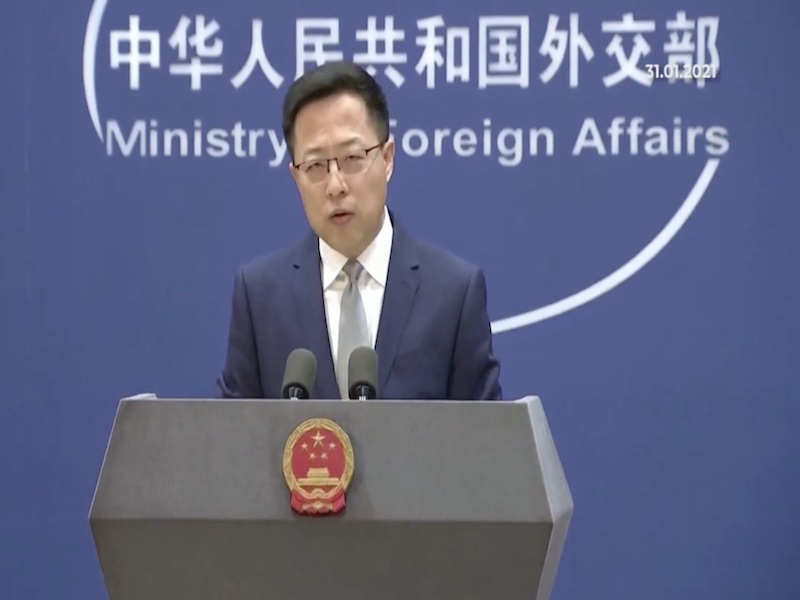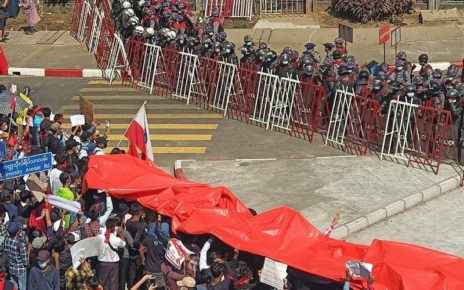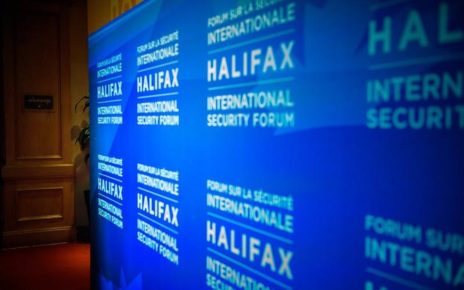Social media’s role on the political stage was thrown into the public eye during former US President Trump’s tenure as “Commander in tweets”. While controversial, the Trump presidency served to showcase how central social media has become to government in gaining public recognition and as a forum of international debate. The role of social media has thereby risen in prominence together with the rise of cyber-security as a new pillar of defense and security policy across the globe, including within NATO and its partners – but also among adversaries and strategic rivals. The world of social media has quickly become a new highly public field of exchange between global leaders, a field that has shaped decisions of strategic relevance and security to NATO and its member states. Hereby, platforms such as Twitter have almost evolved to become an ‘online battlefield’ for the battle that is fought daily amongst all of us – the battle of public opinion.
A key player in this new online social media exchange of ideas is NATO’s major strategic rival China, which has become increasingly assertive in the digital sphere in conjunction with its policy of ‘wolf warrior’ diplomacy, named after a top grossing movie. Through this policy, China has successfully managed to promote its messages online, attack Western positions and effectively promote national propaganda. Recognizing the value and power of social media as a forum, Chinese diplomats and security officials moved onto platforms en masse in 2019 and have since then remained active on platforms like Twitter to share and spread political messages. These messages are in turn amplified by “an army of fake accounts” that share and retweet official content, ensuing that Chinese state propaganda has the potential to reach hundreds of millions of people online. Voices like former Chinese Ambassador to the UK, Liu Xiaoming, have pushed anti-Western propaganda and aggressive attacks on political opponents, taking a progressively harsher tone whilst steering nationalistic public opinion in their favor. Even when Twitter agrees to remove or suspend such accounts, this action is often too little and too late to have much impact.
As China’s wolf warrior policy has developed from the onset of the Covid-19 pandemic to the war in Ukraine, the links between online disinformation and Chinese officials are becoming increasingly apparent. EU and US officials are now linking an issue that they are already forced to tackle, disinformation, directly into their nations’ strategic and security policy. The combatting of ‘enemy’ disinformation and aggression must now become a key platform of an alliance that cannot seem fractured in the current security-political climate. This was especially the case as ‘Wolf Warriors’ used tensions within NATO members to their advantage. Most recently, Turkey’s objections to the NATO accession of Finland and Sweden has created an ideal for such ‘Wolf Warriors’ to sow discontent and distrust amongst members. Thereby, public shows of disunity, promoted by Wolf Warriors and other active internet trolls, move to threaten the public’s perception of an organization of nations in the common purpose for peace and for the defense of democracy and the rule of law.
China’s focus on platforms that are banned for use in China itself is an indicator that the west, NATO, and its allies, are being dragged into a new battlefield. Whilst President Trump’s tweets may have seemed without coordination, Beijing’s are evidently centrally guided and managed, publicly highlighting schisms between Europe, NATO and the transatlantic alliance – and successfully so. Beijing has managed to stage that online presence that is filled with conflicting conspiracy theories, manufactured popular backing and has overall fought a successful war of disinformation. Some of the most prominent examples include the successful widespread promotion of media characterizing Hong Kong protesters as fanatics, and media reports by RT on key issues including Covid-19, technology and the South China Sea.
It is time for NATO and its member states to step up their public presence on social media, and demonstrate unity, collaboration and strength at a time where the NATO public needs to see an alliance united in the face of Russian aggression and Sino-Russian rapprochement. Social media is the best way to reach the public, who need to see the presence of our NATO members and partners protecting the rights and values they hold dear and treasure. However, it is China that is currently winning the fight on social media. NATO and its allies have begun to respond to these threats with programs like NATO’s Strategic Communications Center of Excellence, which contributes to improved strategic communications capabilities within the Alliance and Allied nations. In Canada, a similar function is served by the Joint Initiative on Digital Citizen Research. These and other initiatives dedicated to strategic communications, social media research, and combatting disinformation, should receive greater funding and support, as it is time for NATO to officially recognize social media as the battlefield that it is.
Photo: Foreign Ministry spokesperson Zhao Lijian addressing the media 31 January 2021, published by OneNews at https://www.youtube.com/watch?v=VmhjcuV68EU under CC Attribution License 3.0 Unported.
Disclaimer: Any views or opinions expressed in articles are solely those of the authors and do not necessarily represent the views of the NATO Association of Canada.




